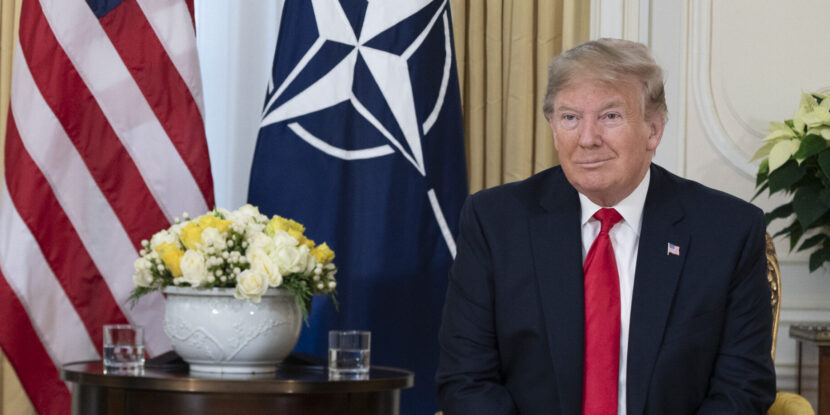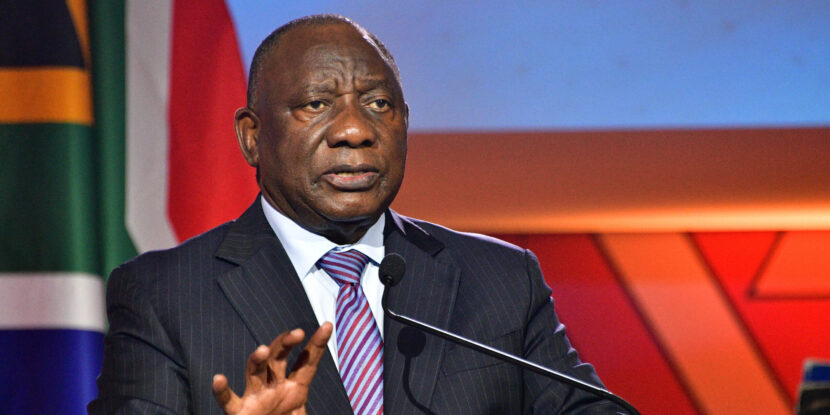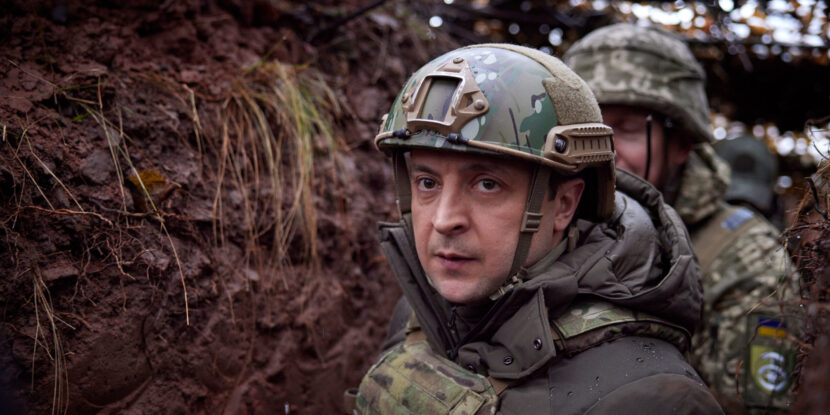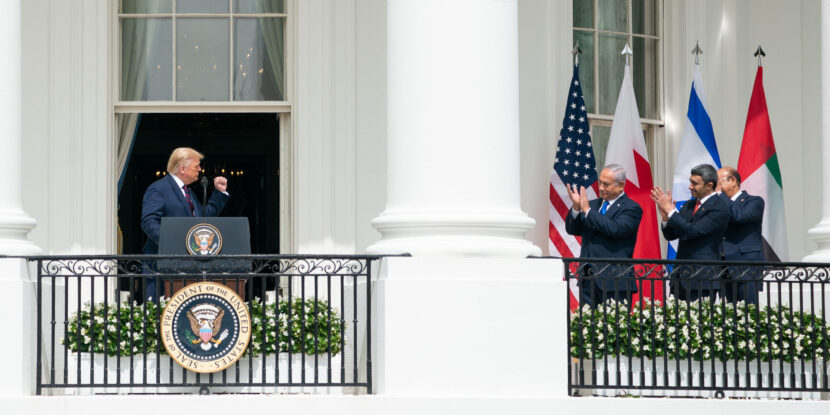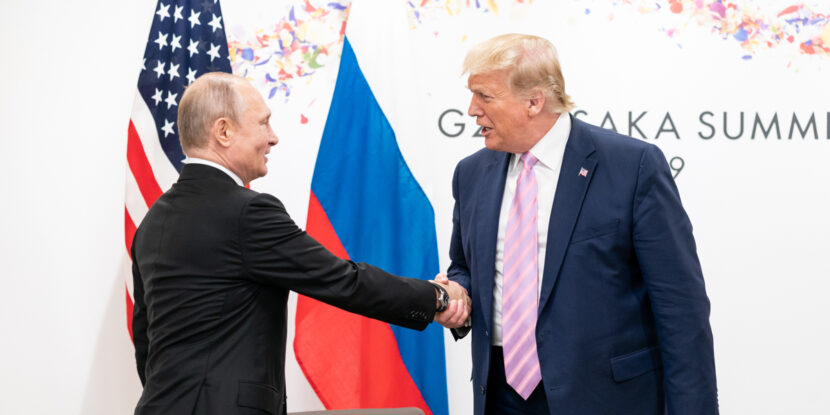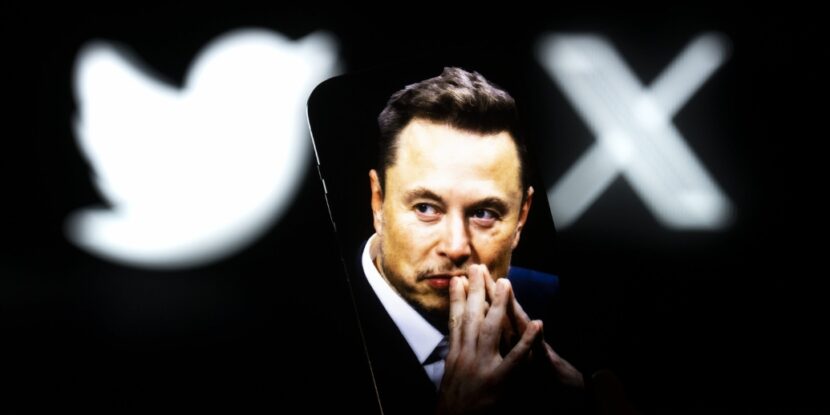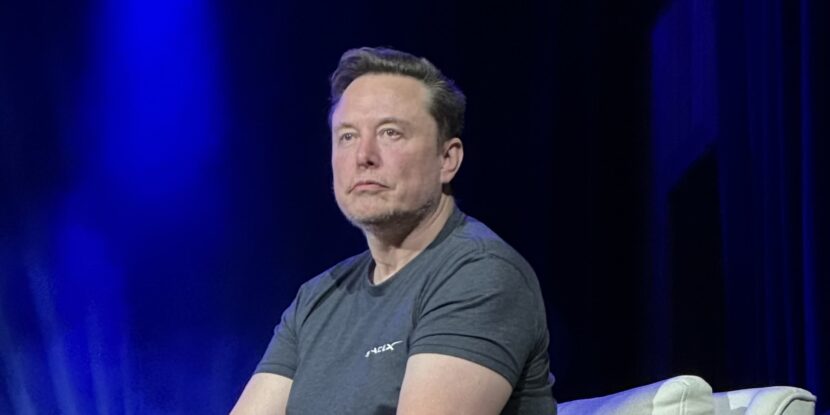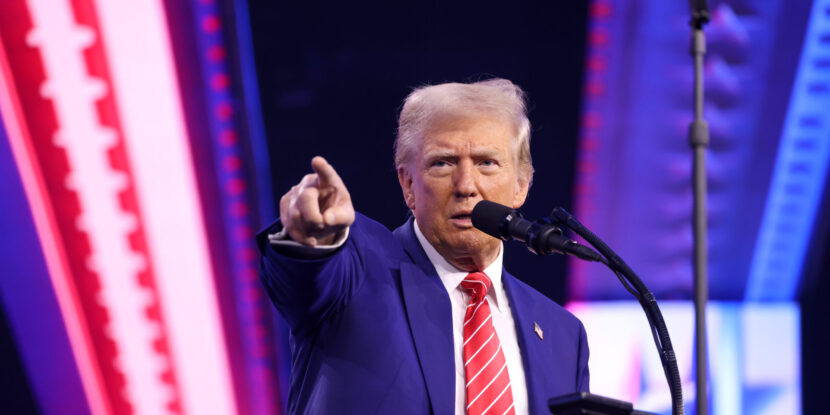Lithuania and Estonia are set to increase their defense spending to five percent of GDP, becoming the first NATO members to commit to such levels. Lithuania’s Foreign Minister Kestutis Budrys and Estonia’s Prime Minister Kristan Michal made the announcements, highlighting their countries’ focus on bolstering defense capabilities amid regional security concerns.
The decision aligns with U.S. President Donald J. Trump’s calls for NATO allies to boost military expenditure as the U.S. shifts its defense focus toward China and the Asia-Pacific region. Lithuania’s plan includes allocating between five and six percent of GDP to defense from 2026 to 2030. Budrys described the U.S. pressure as “good and constructive” amid rising regional threats.
By surpassing Poland, which spends over four percent of its GDP on defense, Lithuania and Estonia will lead NATO in defense spending percentages. The move coincides with increased NATO patrols in the Baltic Sea following incidents like the suspected sabotage of undersea cables.
Speaking before the World Economic Forum (WEF) in Davos, Switzerland, last week, Trump urged NATO countries to ramp up their defense spending and reduce their reliance on the U.S. to provide regional security. “I’m also going to ask all NATO nations to increase defense spending to five percent of GDP, which is what it should have been years ago,” Trump said, adding: “It was only at two percent, and most nations didn’t pay until I came along; I insisted that they pay, and they did—because the United States was really paying the difference at that time, and it was unfair to the United States.”
Despite Lithuania and Estonia’s public commitments, skepticism persists regarding whether they will really achieve their ambitious spending goals. Lithuania plans to fund the defense increase through government borrowing, while Estonia intends to make public sector cuts to meet its targets.
show less